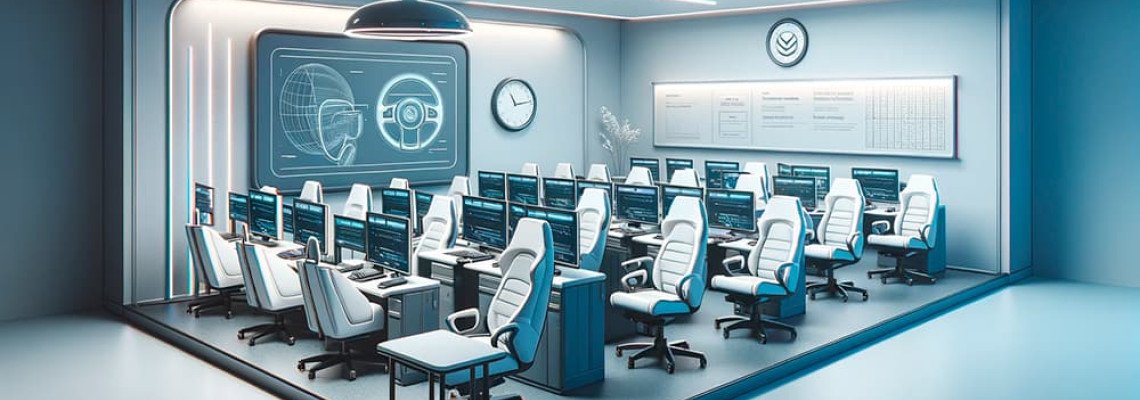15 Sep


1. General Provisions
- Igor Ivanovski's Driving School BRAVO (hereinafter: Educator) adheres to the adult education law, the institution's charter, the principles of teaching organization, and other documents intended for internal use of the institution in ensuring the quality of further education.
- In conducting training and interaction, the Educator is guided by value-based relationships, openness, honesty, and willingness to help.
- The Educator organizes further education in the following areas:
- Category B motor vehicle driver training;
- Night-time driving training;
- Final stage training;
- First aid training.
2. Conditions and Procedure for Ensuring the Quality of the Educational Environment
- We organize theoretical lessons in premises that meet health and safety requirements, are modern, and equipped with modern technology.
- Driving practice is conducted with a category B vehicle owned by the driving school, which complies with the current legislation and is insured. Practice takes place both on the training ground and in regular traffic.
- Night-time driving is part of the initial stage of primary education and also takes place in regular traffic. Upon completion, a note is made in the certificate.
- Undergoing first aid training is mandatory for all who apply for a driving license for the first time. This course includes theoretical lessons and practical exercises, and the instructor has the necessary qualifications and modern knowledge as required by law.
- The final stage training must be completed no later than 24 months after obtaining the initial driving license. Training can be conducted throughout the year as exercises are performed on a skid pad available all year round in Aseri and Jõgeva.
3. Conditions and Procedure for Ensuring the Quality of Curricula
- In developing curricula, the Educator is guided by the adult education law, further education standard, and guidance materials for the development of further education programs.
- The curricula of the Educator's public courses must at least include the following information:
- program name;
- program group;
- learning outcomes;
- conditions for starting studies, if they are a prerequisite for achieving learning outcomes;
- total volume of study, including the proportion of lectures, practical, and independent work;
- study content;
- description of the educational environment;
- list of educational materials, if prescribed for the program;
- completion conditions and documents issued;
- description of the necessary qualifications, educational or professional experience of teachers for conducting training.
- In compiling the curriculum, the Educator is guided by the needs of the target group, ensuring that the training is practical in nature and allows the trainee to achieve educational objectives.
- Approved curricula of open courses are published on the institution's website.
4. Principles for Ensuring the Quality of Teachers
- The institution's representative ensures that it has a specialist with the appropriate qualifications or educational or work experience for conducting training. All teachers have a valid professional certificate.
- The qualifications and educational or work experience of all teachers conducting open courses are described on the Educator's website.
- Teachers' work is evaluated based on oral and written feedback from course participants.
5. Procedure for Collecting Feedback on Further Education
- After each course, the Educator asks participants for feedback. Feedback can be provided in writing on paper or via email. Feedback can be given anonymously or not.
- The Educator analyzes the received feedback and makes necessary changes in conducting or organizing training, if needed.

Leave a Comment